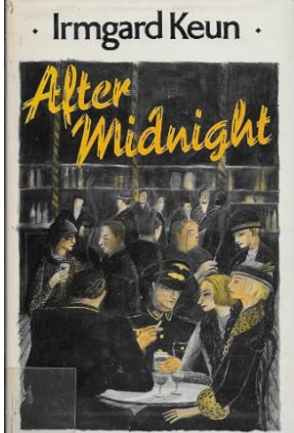Alicia Ostriker - Writing Like a Woman
Alicia Ostriker. Writing Like a Woman. (USA: The University of Michigan Press, 1983).
Within the Poets on Poetry series, this is a collection of essays that explore the experiences of women writers and the way they use language to express their perspectives. This book also discusses the importance of female voices in literature and the ways in which women writers have contributed to the development of poetry. She includes chapters on H.D., Syliva Plath, Anne Sexton, May Swenson, and Adrienne Rich, as well as two essays initially delivered as lectures, summarised here.
‘I Make My Psyche From My Need’:
Ostriker argues that when a woman rewrites an ancient myth, she has two motives in mind: to be taken seriously as a writer and to get at something deep in herself. In addition, she may have a third motive: to release an imprisoned meaning and to 'see' what was present but unseen by others.
‘A Wild Surmise: Motherhood & Poetry’:
Ostriker’s poem ‘Once More out of Darkness’ explores universal subjects, pregnancy and childbirth. Ostriker believes she discovered the moral equivalence of war while pregnant, that she comprehends the continuation of life and death, and that she sees her body as a city and a landscape. When she goes through labour, she is overcome with disgust for the grossness of her flesh and the filth of existence itself. The poem attempts to capture the feeling of transitioning from one's private, independent self to being a part of something else. When she wrote the poem, she had not read any poetry related to pregnancy, childbirth, or mothering. She believes that ‘the advantage of motherhood for a woman artist is that it puts her in immediate and inescapable contact with the sources of life, death, beauty, growth, corruption’ (p. 130). Famously, she writes: ‘If the woman artist has been trained to believe that the activities of motherhood are trivial, tangential to main issues of life, irrelevant to the great themes of literature, she should untrain herself. The training is misogynist, it protects and perpetuates systems of thought and feeling which prefer violence and death to love and birth, and it is a lie’ (p. 131).



Comments
Post a Comment